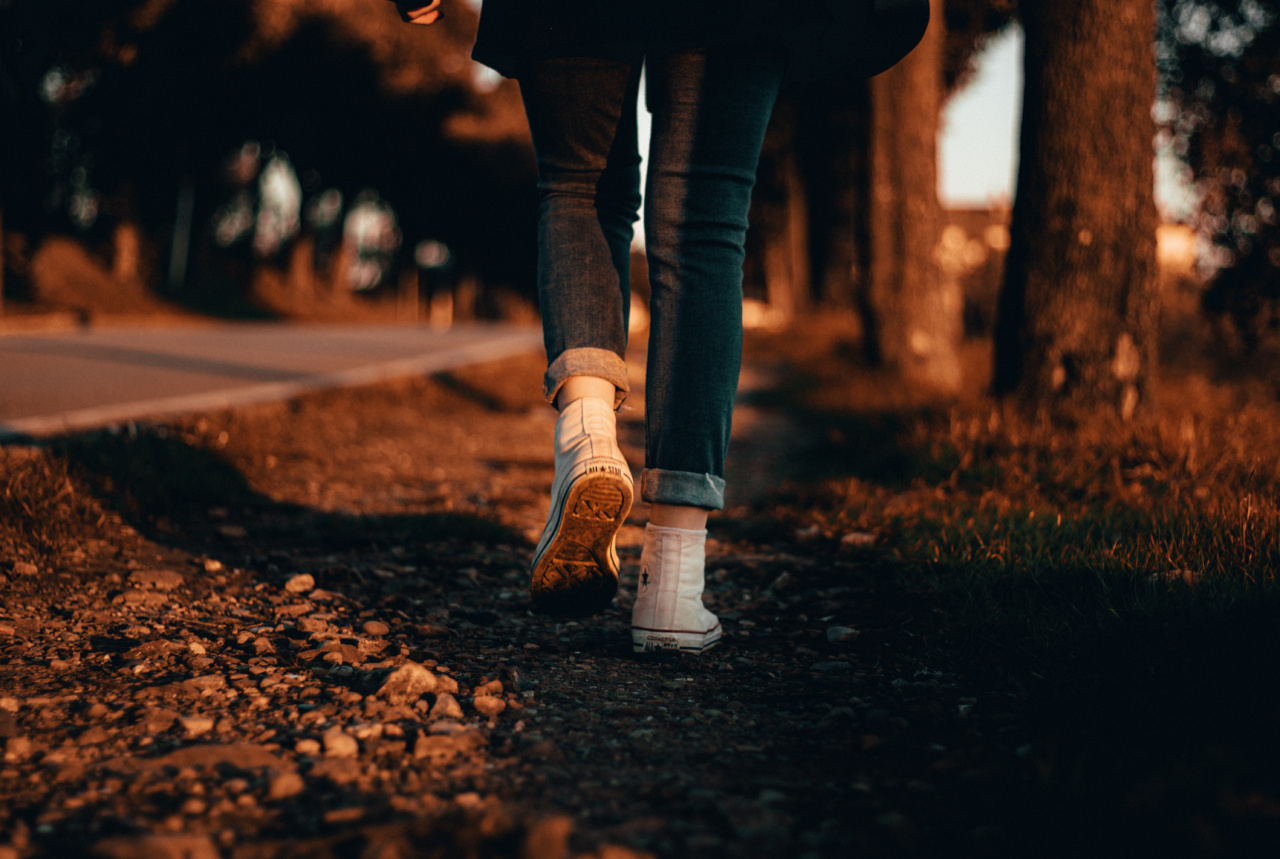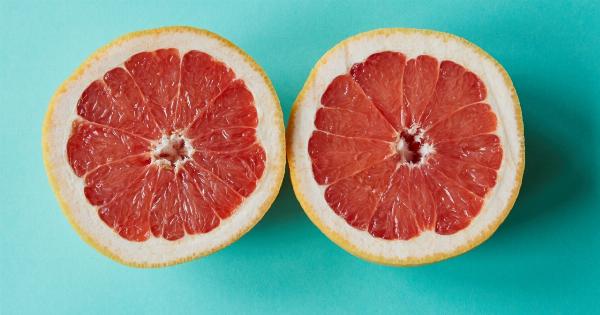Kidney stones are hard, pebble-like deposits that form in one or both of your kidneys. They can cause severe pain and discomfort, and can sometimes lead to serious health issues if left untreated.
In this article, we will look at the causes, symptoms, and treatment options for kidney stones.
What Are Kidney Stones?
Kidney stones are solid pieces of material that form in the kidneys. They are made up of various substances, including calcium, uric acid, and oxalate. Kidney stones can range in size from as small as a grain of sand to as large as a golf ball.
Causes of Kidney Stones
There are many factors that can contribute to the formation of kidney stones, including:.
- Dehydration
- High salt intake
- High protein intake
- High oxalate intake
- Family history of kidney stones
- Medical conditions such as Crohn’s disease and renal tubular acidosis
Symptoms of Kidney Stones
The most common symptom of kidney stones is severe pain in the lower back or side. This pain can be constant, or it can come and go. Other symptoms may include:.
- Painful urination
- Bloody urine
- Nausea and vomiting
- Frequent urination, or a strong urge to urinate
- Fever or chills
Diagnosis of Kidney Stones
Your doctor may use various tests to diagnose kidney stones, including:.
- CT scan
- X-ray
- Ultrasound
- Blood and urine tests
Treatment of Kidney Stones
The treatment of kidney stones will depend on the size and location of the stone, as well as your overall health. Some common treatment options include:.
- Drinking lots of water to help flush out the stone
- Pain medication to manage the pain
- Ureteroscopy, a minimally invasive procedure to remove the stone
- Shock wave lithotripsy, a noninvasive procedure that uses shock waves to break up the stone
- Surgery to remove the stone
Preventing Kidney Stones
There are several things you can do to help prevent kidney stones from forming, including:.
- Drinking plenty of water
- Reducing your salt intake
- Reducing your protein intake
- Avoiding foods high in oxalate, such as spinach and rhubarb
- Taking medication if you have a medical condition that increases your risk of kidney stones
Conclusion
Kidney stones can be a painful and uncomfortable condition, but there are treatment options available. If you suspect you may have kidney stones, or if you have a history of kidney stones, it is important to speak with your doctor.






























